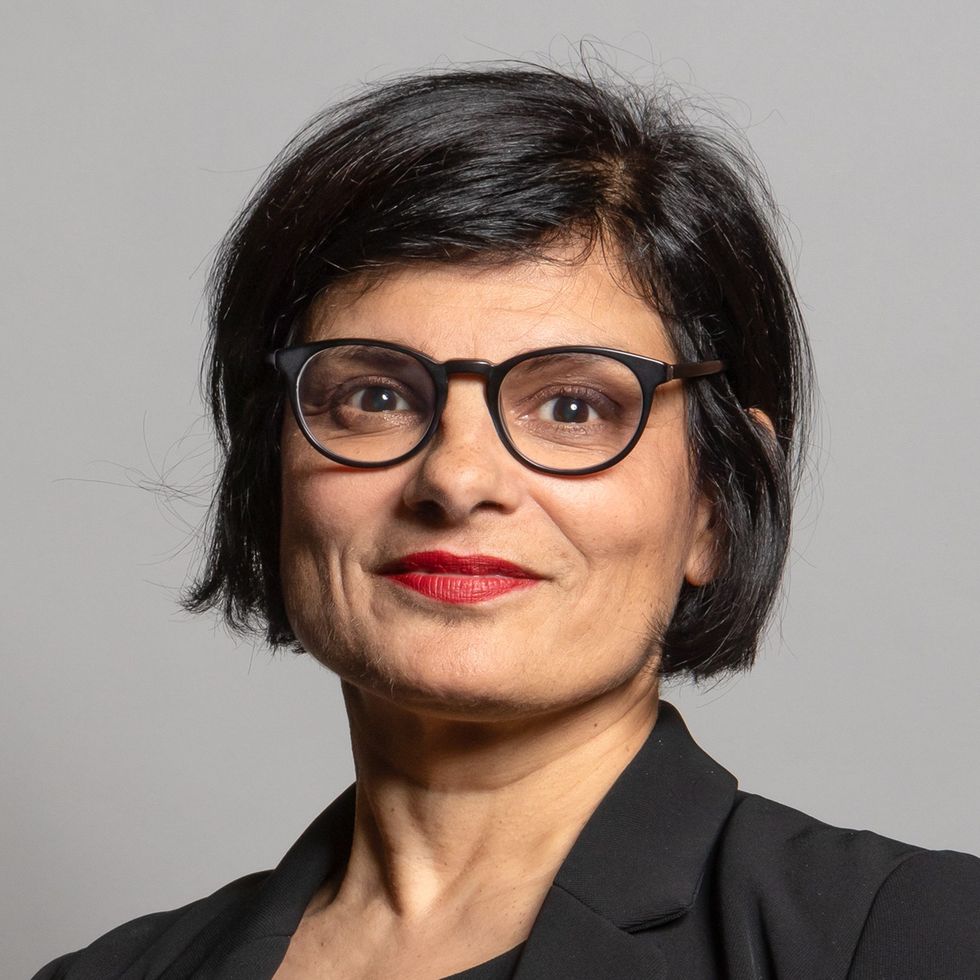Police in Delhi used facial recognition software to screen crowds at a recent political rally - a first for India - raising concerns about privacy and mass surveillance amidst nationwide protests against a new citizenship law.
The Automated Facial Recognition System (AFRS) software that the Delhi Police had installed to identify missing children, was used at prime minister Narendra Modi's rally on Dec. 22, a police spokesman said on Monday, without giving further details.
It was the first time the technology - which is increasingly deployed in airports, offices and cafes in India - was used to screen the crowd at a political rally, according to technology analysts.
"The use of the system for profiling and surveillance at public congregations is illegal and unconstitutional. It is an act of mass surveillance," said Apar Gupta, executive director of digital advocacy group Internet Freedom Foundation.
"From building an underlying database of people from public protests to running it on crowds of people attending rallies, this directly impairs the rights of ordinary Indians from assembly, speech and political participation," he said.
The Indian Express daily cited a Delhi Police spokesman as saying the police had used the technology "based on credible intelligence inputs about possible disruptions".
"Delhi Police assures that best industry standard checks and balances against any potential misuse of data are in place. Racial or religious profiling is never a relevant parameter while building these datasets," the spokesman was cited as saying.
Worldwide, the rise of cloud computing and artificial intelligence technologies have popularised the use of facial recognition for a range of applications from tracking criminals to catching truant students.
In India, facial recognition technology was installed in several airports this year, and the government plans to roll out a nationwide system, likely to be the world's biggest, to stop criminals and find missing children.
Use of the technology at the political rally comes amidst nationwide protests against a new citizenship law, in which at least 25 people have been killed.
Pictures of police holding video cameras at some protests have sparked concerns that images of protesters are being added to the facial recognition database.
Indian authorities have said the technology is needed to bolster a severely under-policed country.
But "its use has strayed from finding missing children to being deployed in peaceful public gatherings" with a complete lack of any oversight or accountability, said Gupta.
India's Supreme Court, in a landmark ruling in 2017 on the national biometric identity card programme Aadhaar, said individual privacy is a fundamental right.
Yet the ruling has not checked the rollout of facial recognition technology, Gupta said.
Technology site Comparitech ranked Delhi among the world's most surveilled cities in a report this year.
The Personal Data Protection Bill, introduced in parliament this month, empowers the government to ask a company to provide anonymised personal data and other non-personal data, for delivering welfare services and for policies.

















 Thangam Debbonaire (Pic from Wikimedia Commons)
Richard Townshend
Thangam Debbonaire (Pic from Wikimedia Commons)
Richard Townshend


